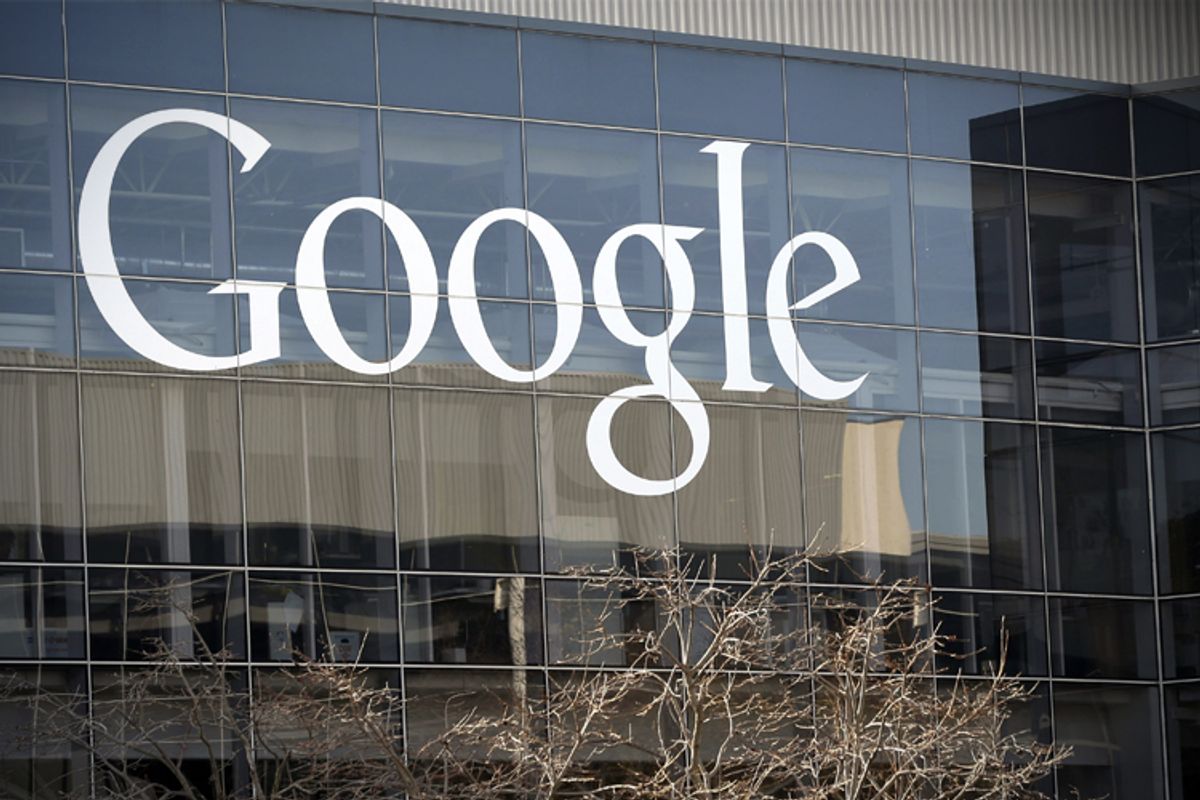On Monday, the Supreme Court rejected Google's bid to dismiss a lawsuit pertaining to Google Street View. The lawsuit contends that the tech giant violated the federal wiretap law when it accidentally collected data while creating Google Street View.
The Supreme Court's decision to decline Google's appeal leaves a 9th U.S. Circuit Court of Appeals decision intact. Venture Beat explains what this means for the tech titan:
"That means Google must face the class-action lawsuit alleging the company illegally snooped on people from 2008 to 2010 to bolster its Street View data."
When creating Street View, which gives users a 3-D pictorial view of actual streets, Google scanned unsecured Wi-Fi networks in order to confirm the location of its Street View cars. During this process the company inadvertently intercepted quite a bit of what Venture Beat called "payload data." This included user names, passwords, emails, images and more, from private Wi-Fi networks that were not encrypted. Google swept all of this up without user knowledge.
In 2010 the company publicly admitted that this culling of data had happened, and apologized for the privacy incursion, which spanned more than 30 countries. The company also made it clear that it would stop the practice, and not use or share the collected data. Investigations and lawsuits soon followed.
In 2013 the tech company reached a settlement with Washington, D.C., and the 38 states looking into the matter. According to Venture Beat, Google agreed to destroy data and pay $7 million.
After today's Supreme Court dismissal, Google is still facing a lawsuit from private plaintiffs, which was allowed in 2011 by a U.S. district judge in San Francisco. The plaintiffs are filing charges against Google under the federal Wiretap Act.
In September of 2013, the 9th U.S. Circuit Court of Appeals ruled that Google was not exempt from liability under the federal Wiretap Act, despite Google's argument that Wi-Fi signals are not part of the Wiretap Act, due to the fact that they are "readily available to the public."
h/t Reuters, Venture Beat



Shares